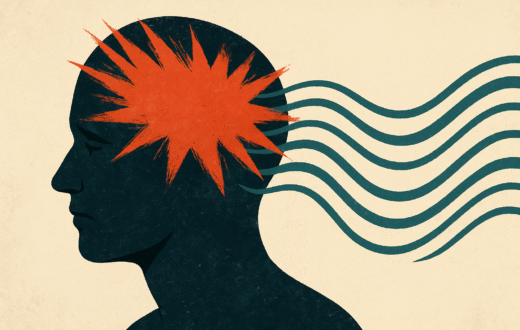Addiction and Trauma: A Complex, Not Inevitable, Connection

In professional discussions about addiction, one idea often takes center stage: the belief that addiction is primarily a trauma response. According to this view, whether a person struggles with alcohol, opioids, sex, or any other compulsive behavior, the root cause is likely a history of trauma sometimes dating back to early life and the addictive behavior serves as a form of self-medication. While this perspective has an appealing simplicity, it risks oversimplifying a far more complex reality.
Undoubtedly, many individuals facing addiction have experienced trauma, and acknowledging that history is often an important part of responsible therapy. Moreover, addiction treatment should indeed be trauma-informed, meaning it should be sensitive to the lasting and subtle impacts trauma can have. However, the sweeping claim that nearly all addictions stem from trauma and that addressing the trauma is therefore the primary path to recovery does not align with the broader body of scientific evidence.
This belief gained wide popularity through figures like Gabor Maté, whose book In the Realm of Hungry Ghosts convinced many, including myself at one time, that addiction almost always originates in early emotional wounds—whether from abuse, neglect, or subtler developmental deprivations. While such an explanation resonates intuitively, its empirical foundation is less robust than its influence might suggest.
Peer-reviewed studies on Adverse Childhood Experiences (ACEs) do show a correlation between higher ACE scores and increased likelihood of addictive behaviors. A major meta-analysis in The Lancet found that people reporting four or more ACEs were about six times more likely to engage in problematic alcohol use and ten times more likely to use illicit drugs problematically.
Yet, these figures must be interpreted cautiously. First, correlation does not prove causation. ACEs often co-occur with socioeconomic disadvantage and other factors that also raise addiction risk. Second, the strength of the correlation varies depending on the substance tobacco use, for instance, showed a smaller (threefold) increase, suggesting a more intricate web of influences rather than a single trauma-based cause.
A more accurate summary of the evidence might be: A history of ACEs is associated with higher rates of addiction, but multiple mechanisms trauma, among them are likely at play and the relationships remain only partially understood.
Why does this matter? Because assuming a direct trauma-addiction link for every patient risks both clinical inaccuracy and subtle forms of stigma. Many people with addictions do not have a trauma history, and many with trauma do not develop addictions. Entering a therapeutic relationship with the presumption that trauma must be present risks disregarding a patient’s unique life narrative and the complex, multifactorial nature of addiction.
In short, addiction challenges us to accept uncertainty, resist oversimplification and respect the individuality of each person’s story.





